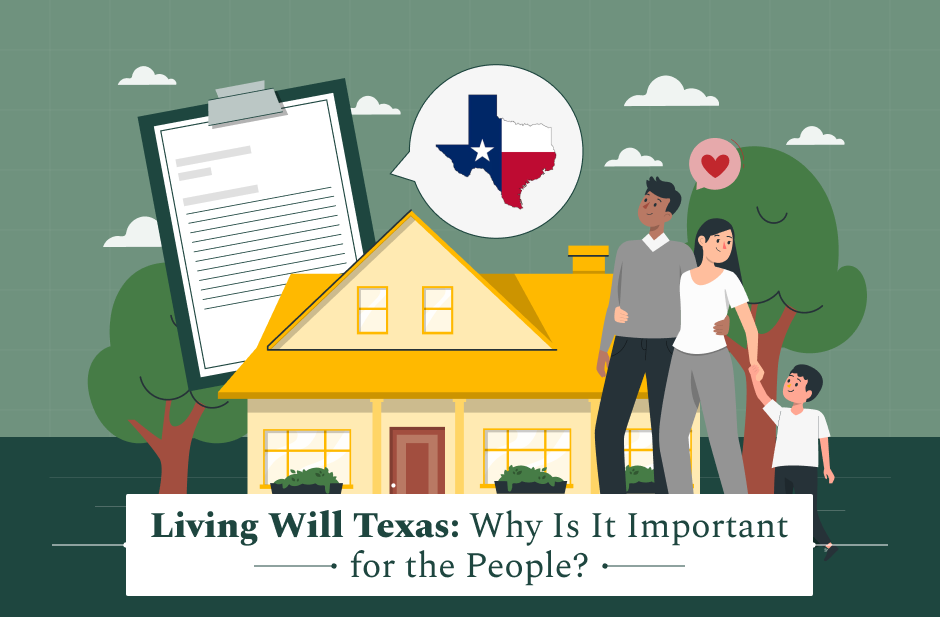Employees are often scared of losing their jobs and the health insurance coverage that comes along with the jobs. The Family and Medical Leave Act (FMLA) is a federal law passed by the government of the United States. It provides all eligible employees with job-protected leave benefits for family and medical reasons as specified under the Act. It allows qualifying employees to take time off work to care for their family members and of their own selves without having to fear losing their jobs.
What Is The History Behind The Creation Of The Family And Medical Leave Act?

Ah, the Family and Medical Leave Act (FMLA) – it’s been a game-changer for countless American workers. But do you know how it came to be? Let’s dive into its fascinating history in a conversational and engaging way.
Way Back When…
So, picture this: it’s the 1970s, disco balls are spinning, and life is groovy. But for many American workers, something was missing – job security when family life got tricky.
The Push for Change:
In those swinging ’70s, women were increasingly joining the workforce, and the role of men in family life was evolving too. But the workplace policies hadn’t quite caught up. Workers, labor unions, and women’s groups started to rally for change.
A Presidential Push:
Fast forward to 1988, Ronald Reagan signed the first FMLA bill into law, but it only applied to federal workers. Still, it was a step in the right direction.
The Second Time’s the Charm:
It took a bit of political ping-pong before FMLA became the law we know today. The first two times it reached President George H.W. Bush’s desk, he vetoed it. But in 1993, after a few tweaks and a whole lot of advocacy, it finally became law.
What Does It Actually Do?
Alright, so what’s the big deal? Well, FMLA basically says this: if you work for an employer with 50 or more employees within a 75-mile radius, and you’ve been on the job for a year, you can take up to 12 weeks of unpaid leave for specific family or medical reasons.
Family Time:
FMLA lets you take time off to bond with a new baby, adopt a child, or care for a sick family member. It recognizes that life happens, and sometimes you need to be there for your loved ones.
Medical Leave:
It’s not just about family; FMLA also allows you to take time off for your own serious health conditions. It ensures you don’t have to choose between your job and your health.
The Impact:
Since its inception, FMLA has been a game-changer for workers across the nation. It’s given them peace of mind, knowing their job will be there when they need to take care of family or health matters.
Changing Times:
It’s important to note that the world keeps turning, and the workplace continues to evolve. There’s an ongoing debate about expanding FMLA to cover more workers and offer paid leave, too.
So, there you have it – the intriguing journey of the Family and Medical Leave Act. It’s a law that’s been a lifeline for countless families and individuals, allowing them to balance work and life when it matters most. Who would’ve thought that those ’70s disco beats would lead to such a positive change in the workplace?
Primary Provisions of the Act
The Family and Medical Leave Act (FMLA) has several key provisions. All of these protect eligible employees who need leaves for family or medical reasons.
Let us look at the main provisions of the FMLA.
Provisions for Eligible Employees
The FMLA applies to employees who meet the following requirements:
- The employee has worked for a covered employer for at least 12 months,
- have worked at least 1,250 hours during the previous 12 months,
- and work at a location where the employer has 50 or more employees within a 75-mile radius.
Provisions for Covered Reasons for Leave
The FMLA allows eligible employees the following provisions:
- to take up to 12 weeks of unpaid leave for specific family and medical reasons.
- These reasons include the birth or adoption of a child,
- caring for a seriously ill family member (spouse, child, or parent),
- or the employee’s own serious health condition.
Provisions for Job Protection
During leave taken under this Act, eligible employees have the right to job protection.
- This means they must be restored to the same position or an equivalent one with the same pay, benefits, and terms upon returning from leave.
- Employers cannot discriminate against employees for taking FMLA leave.
Provisions for Continuation of Health Benefits
Employers are required to maintain the employee’s health insurance coverage during leave taken on the basis of this Act.
- The coverage will be on the same terms as if the employee had not taken leave.
- Employees are still responsible for their portion of the premiums while on leave.
- Provision For Intermittent and Reduced Schedule Leave
- The FMLA allows employees to take leave in smaller increments or reduce their work schedule when medically necessary or for certain family-related needs.
- This allows flexibility in managing medical treatments or caregiving responsibilities.
Provision for Military Family Leave
The FMLA provides eligible employees with qualifying exigency leave for certain military-related events.
- This may include events such as deployment or short-notice deployment and military caregiver leave to care for a covered service member with a serious injury or illness.
Case Laws Related to the Family and Medical Leave Act

Here are some significant case laws related to the Act (FMLA).
- In Ragsdale v. Wolverine World Wide, Inc. (2002), the Supreme Court ruled that an employer cannot penalize an employee’s FMLA leave retroactively. This would not be possible if the leaves were taken based on incorrect information provided by the employer. The decision emphasized the importance of accurate and timely information and its relation to rights and entitlements.
- In Coleman v. Court of Appeals of Maryland (2012), the Supreme Court held that state employers could be sued for damages under the FMLA’s self-care provision. This allows eligible employees to take leave for their own health complications.
- In Escriba v. Foster Poultry Farms, Inc. (2016), the Ninth Circuit Court of Appeals stated that an employee’s request for an absent leave, even if not mentioning the FMLA, is enough to warrant the employer’s obligations under the Act.
These cases provide important interpretations and clarifications of the provisions of the Act.
The Common Man and the Law

Some ways in which the common man can relate to the Family and Medical Leave Act.
- The FMLA provides job protection for eligible employees, ensuring that they can take time off from work for family and medical reasons without fear of losing their job.
- It recognizes the importance of family caregiving. Employees can use leaves to care for a newborn or newly adopted child, a seriously ill family member, or to other handle family matters during medical crises.
- The FMLA also acknowledges that individuals have their own health needs. It permits eligible employees to take leave for their own serious health conditions, ensuring they can receive necessary medical treatment and recover without risking their job security.
- The act helps safeguard the common man’s financial security by ensuring they can return to their job after the leave period.
This Act, thus, promotes work-life balance by giving the opportunity to balance their personal and professional responsibilities.
Read More:
















